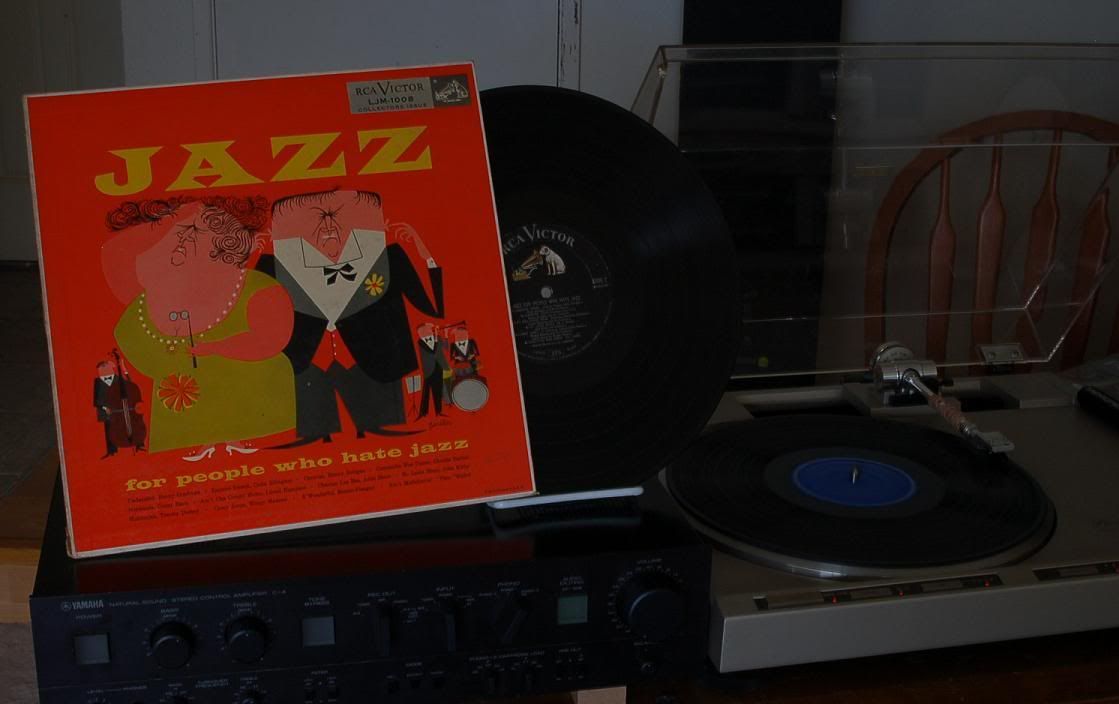If I actually transcribed this, I'd have no trouble throwing together a pdf pointing out exactly how it makes sense. The problem is that it would take a lot of fucking work to transcribe.

Question: When you guys listen to this:
Do you hear this:
And if you don't, does that mean it's that this is like the Emperor's New Clothes, too?

Could I have came up with that dissection of the piece and communicated it as well as you did? Some of it, almost maybe, but for the most part, no. I know enough about music theory to understand what you're saying, but I'm not fluent in the language. However, would I hear what you described from an independent listening, without reading your exposition? I would think so. The trouble would only come in communicating what I hear and feel. Since it's my most recent study, I'll liken it to tasting wine. An amateur can taste two wines, note their distinctions and differences in color, bouquet, texture, and taste. But when asked to describe exactly
what he tasted he would be at a loss for words. It would just be 'different'. However, if walked through the tasting with a Master of Wine, all the while explaining what the gradient of color around the meniscus means, picking out the familiar fragrances that come out of the bouquet, explaining exactly what he is tasting, the amateur will most likely be in agreement and more capable to dissect the wine in his mind now. His tastes and his palate have not changed. The wine has not changed. Only his understanding has changed.
The issue at hand here is, now, that some people just don't care about wine, and more often, people just don't care about the academics of it. Some people care not to talk about wine, they just enjoy the purely hedonistic pleasure of drinking it.
So bringing this full circle back to music, jazz in particular, some people care not to
think about music, they just wish to
feel it and to get 'drunk' off of it. And some music, like some wine, is more disposed toward analysis than gut level enjoyment. When you introduce this type of music to people, and more so when you try to talk about it with them it's hard to not come off as a snob.
From the current wine book I'm reading:
"...the snobs main armoury is language." - Michael Broadbent
So the question, my little shepherd boy, isn't 'Do you hear what I hear?' The question is, one which I still have no answer to after spending much time back and forth between both camps, 'Who is missing out on the most?' It's the mind versus the body. Intellect versus primal urges. Is the unexamined musical life worth living, or should someone like yourself stop talking about roses and stop to smell them once in awhile? Life moves pretty fast. If you don't stop and look around once and awhile you might miss it.







